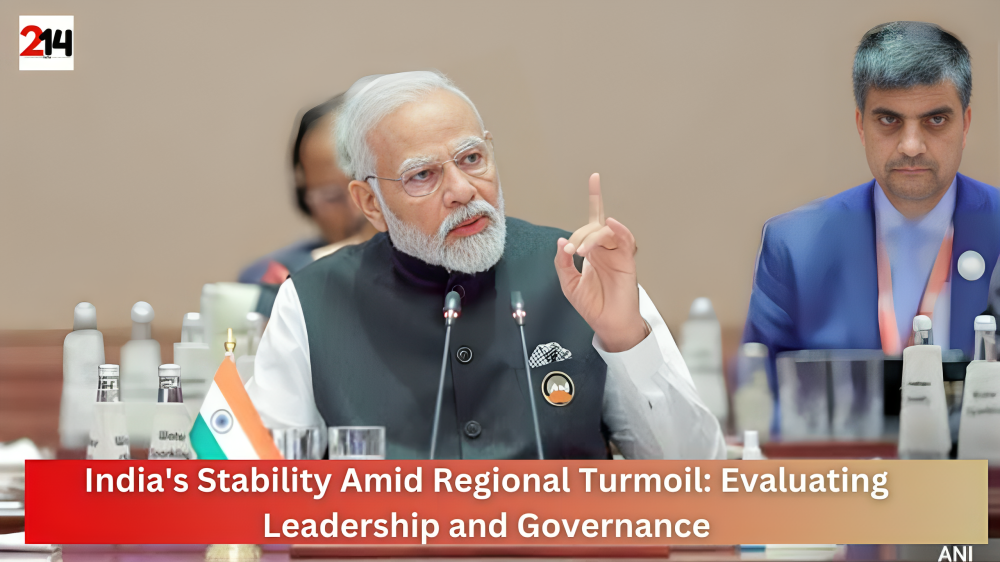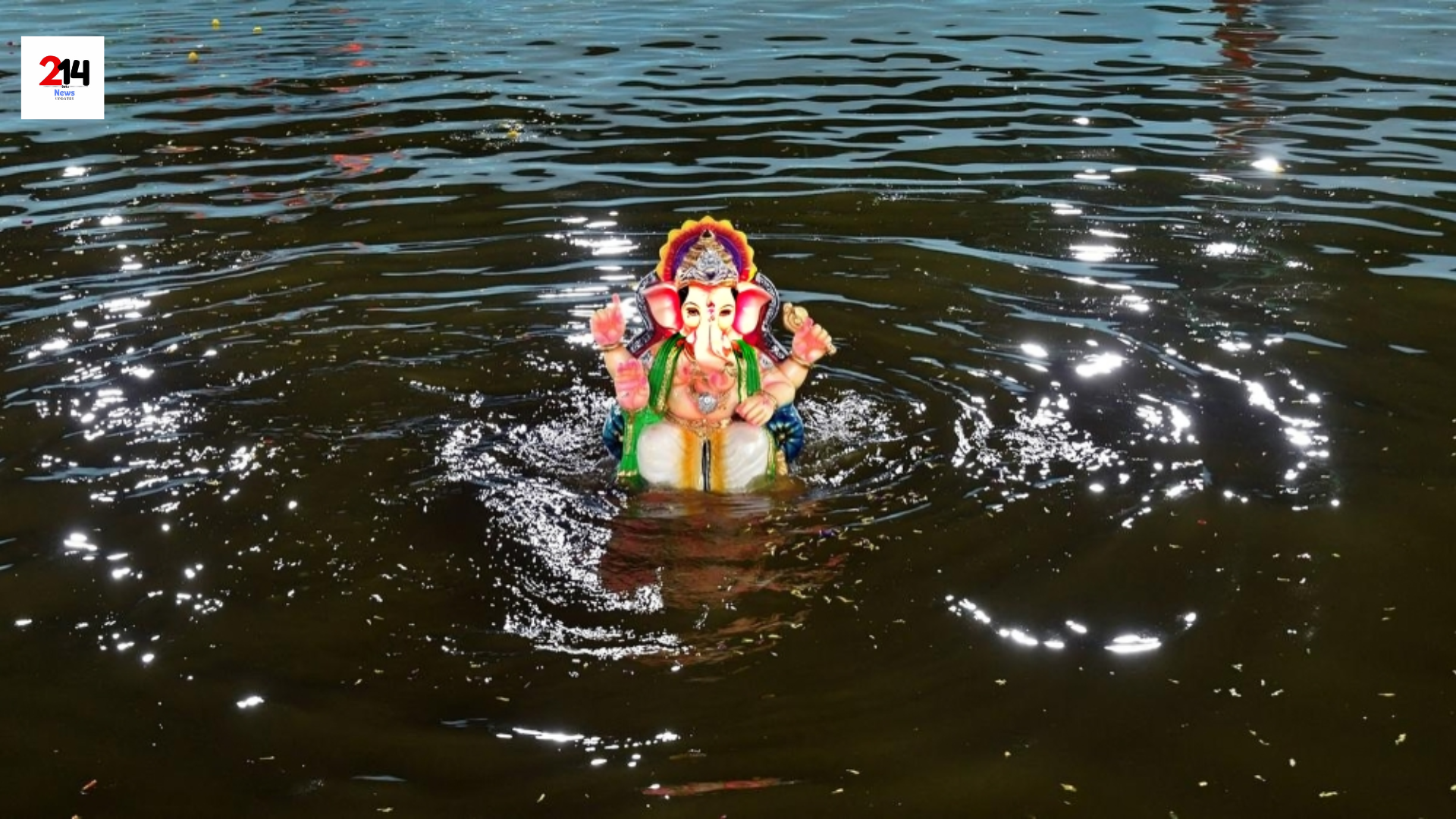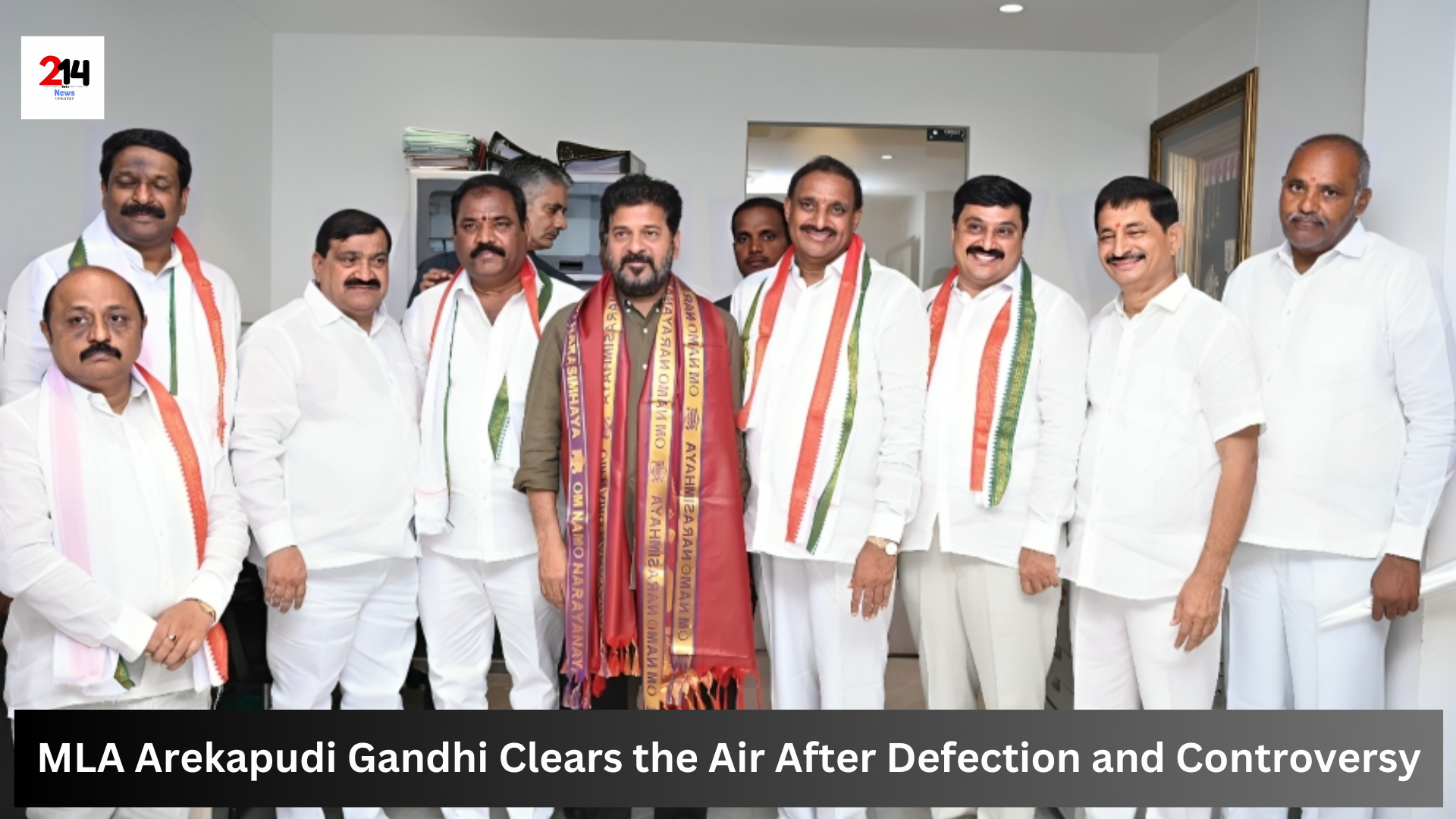
Recent political developments in South Asia have brought regional stability into sharp focus. Bangladesh, in particular, has experienced significant upheaval, with Prime Minister Sheikh Hasina resigning and fleeing the country amid widespread protests. The protests, initially sparked by discontent over a government job quota system, quickly evolved into a broader challenge to Hasina’s long-standing rule. The resulting turmoil has seen numerous casualties and arrests, creating a volatile situation in Bangladesh.
In this context, BJP supporters in India have taken to social media to praise Prime Minister Narendra Modi’s leadership. They argue that Modi’s governance has ensured India’s stability, contrasting it with the political crises in neighboring countries like Pakistan, Bangladesh, and Sri Lanka, and highlighting China’s economic recession. Supporters emphasize that Modi’s policies have safeguarded India from similar turmoil, attributing the country’s relative safety and stability to his rule.
However, this narrative is not without its detractors. Opposition parties in India have responded by pointing out the numerous unresolved issues within the country. Critics argue that despite the stability portrayed by BJP supporters, India faces significant internal challenges. These include economic disparities, social unrest, and other pressing problems that continue to affect the nation. They assert that while Modi’s leadership may have provided a semblance of stability, a comprehensive approach to governance and development is needed to address these underlying issues.
Regional Context
Bangladesh’s political instability is a stark reminder of the complexities and challenges faced by countries in the region. The protests that led to Sheikh Hasina’s resignation began over a contentious job quota system, which was perceived to favor individuals with connections to the ruling Awami League party. As the protests grew, they morphed into a larger movement against Hasina’s 15-year rule, culminating in her fleeing the country to seek safety.
The situation in Bangladesh has heightened security concerns in India, particularly in states bordering Bangladesh. The Indian government has increased vigilance and security measures to manage potential spillover effects from the crisis in Bangladesh.
Contrasting Perspectives
The contrasting perspectives on Modi’s leadership reflect a broader debate about the nature of governance and stability in India. BJP supporters credit Modi with maintaining stability and security, drawing comparisons with the turmoil in neighboring countries. They argue that Modi’s policies have shielded India from similar crises, presenting him as a stabilizing force in a turbulent region.
On the other hand, critics emphasize the importance of addressing India’s internal challenges. They highlight economic inequalities, social unrest, and other issues that remain unresolved. These critics argue that true stability requires not just effective leadership but also a commitment to addressing the root causes of these problems.
Conclusion
The ongoing political instability in South Asia underscores the importance of effective governance and leadership. While BJP supporters praise Prime Minister Modi for maintaining India’s stability, opposition voices remind us of the unresolved challenges that continue to affect the country. As India navigates these complex dynamics, a balanced and comprehensive approach to governance will be crucial in ensuring sustained stability and development.

